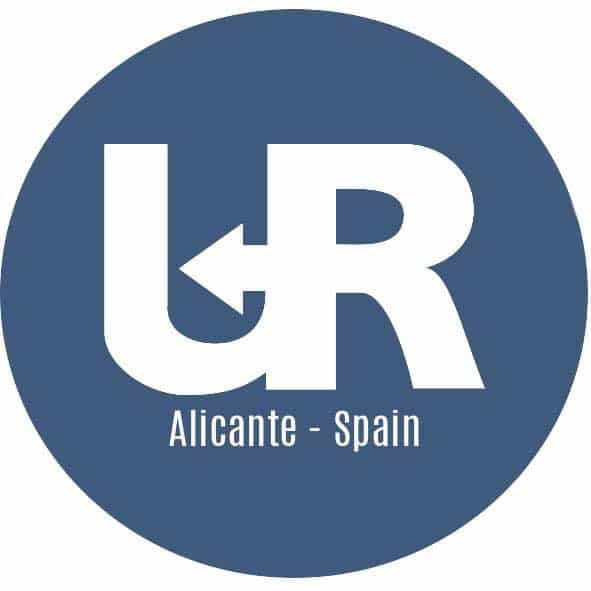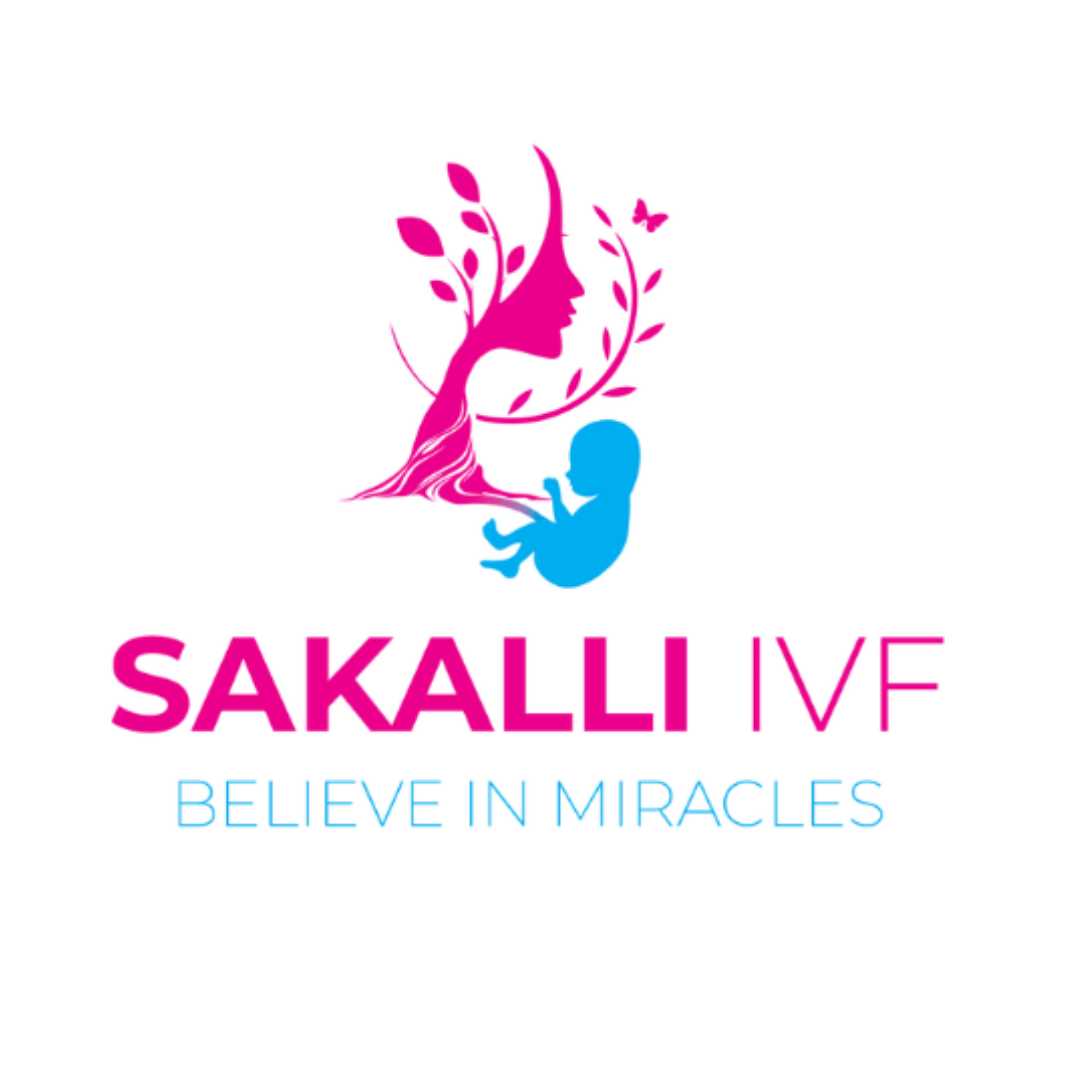Egg Freezing in Spain: Answering All Your Questions on Age, Cost, and Process

The decision to preserve your fertility is a deeply personal and empowering one. In recent years, a growing number of individuals are looking beyond their home countries for these services, and Spain has firmly established itself as a leading destination for reproductive medicine. If you're exploring your options, one of the most pressing questions you likely have is about the age limits and timelines involved. You might be wondering, "Am I too old?" or "Is now the right time?" This guide is here to provide clarity and answer all your important questions about egg freezing in Spain.
Spain's reputation is built on a foundation of progressive legislation, highly skilled specialists, and state-of-the-art clinics, often at a fraction of the cost found in countries like the US or UK. This combination makes it an incredibly attractive option for those wanting to take control of their reproductive future. We'll explore the nuances of the Spanish legal framework, what doctors recommend for optimal outcomes, and what you can realistically expect in terms of success rates and costs. Whether you are just beginning to consider oocyte cryopreservation or are ready to take the next step, this detailed guide will provide you with the trustworthy information you need to move forward with confidence on your fertility preservation journey.
What is the official legal age limit for egg freezing in Spain?
Spain’s legal framework for assisted reproduction is one of the most progressive in the world. The legislation focuses on the rights of the individual to make reproductive choices, which includes the decision to preserve fertility for social or medical reasons. This welcoming legal environment means that, unlike in some other countries with more restrictive regulations, an adult woman does not need to provide a medical reason or be in a relationship to undergo egg freezing in Spain.
This legal clarity and inclusivity have made Spain a top destination for medical tourists seeking fertility treatments. It provides peace of mind knowing that the decision is left to the patient and their consulting physician, based on medical advice and personal circumstances rather than arbitrary legal restrictions on age.
What is the medically recommended age to freeze eggs for the best outcome?
While the law doesn't set a limit, biology does. A woman's fertility naturally peaks in her 20s and begins to decline more rapidly after the age of 35. This decline affects both the number of eggs available (ovarian reserve) and their genetic quality. Freezing eggs at a younger age essentially pauses the biological clock, preserving the eggs at their youthful, healthier state.
Eggs frozen before the age of 35 have a higher chance of surviving the thawing process, fertilizing successfully, and developing into a healthy embryo. While freezing eggs after 35 is still possible and often successful, more eggs typically need to be retrieved to achieve the same probability of a live birth compared to a younger woman.
Is there an age limit to use the frozen eggs for IVF later on?
The primary concern for clinics is the health and well-being of both the mother and the potential child. Pregnancies in women over 50 carry a higher risk of complications such as preeclampsia, gestational diabetes, and issues during delivery. Therefore, while your frozen eggs remain as young as the day they were retrieved, the ability to carry a pregnancy safely is also a critical factor.
This age cap of 50 is a general guideline and clinics will always conduct a thorough health assessment of the patient before proceeding with any fertility treatment. It's a crucial point to consider for long-term family planning when deciding to freeze your eggs.
How much does egg freezing cost in Spain in 2025?
The overall cost of egg freezing in Spain is significantly more affordable than in countries like the United States or the United Kingdom, where costs can be two to three times higher. When budgeting for the procedure, it's essential to account for all components:
- The Procedure: This is the main fee paid to the clinic.
- Medications: The hormone medications required for ovarian stimulation can cost between €800 and €1,500 per cycle.
- Annual Storage: Once frozen, the eggs are stored in cryotanks. The annual storage fee in Spain generally ranges from €400 to €600.
Many clinics in Spain offer package deals or financing options, especially for international patients. Always request a detailed cost breakdown from the clinic to ensure there are no hidden fees.
What does the egg freezing process in Spain involve?
The journey is well-structured and clinics are experienced in guiding patients through it. The initial consultation can often be done remotely. Once you proceed, the timeline looks like this:
- Ovarian Stimulation: You will self-administer daily hormone injections to encourage your ovaries to produce multiple mature eggs instead of the single one in a natural cycle. You'll have several ultrasound scans and blood tests during this phase to monitor your progress.
- Egg Retrieval (Follicular Puncture): This is a minor, minimally invasive procedure that takes about 20-30 minutes. It's performed under light anesthesia or sedation. A specialist uses an ultrasound-guided needle to collect the eggs from the follicles in your ovaries.
- Vitrification (Freezing): The collected mature eggs are immediately taken to the lab and flash-frozen using a state-of-the-art technique called vitrification. This process prevents ice crystal formation, which ensures very high survival rates (often over 90%) upon thawing.
Most international patients need to be in Spain for approximately two weeks to complete the stimulation monitoring and retrieval process.
What are the success rates for using frozen eggs in Spain?
It's important to understand that not every egg will result in a baby. Success is a numbers game influenced by age. The key metrics are:
- Egg Survival Rate: Top clinics in Spain report egg survival rates after thawing of over 90%.
- Fertilization Rate: Once thawed, the surviving eggs are fertilized with sperm via IVF/ICSI. Typically, about 70-80% of mature eggs will fertilize successfully.
- Live Birth Rate: This is the ultimate measure of success. As a general rule of thumb, it's estimated that one baby is born for every 12-15 eggs frozen for women under 35.
Clinics should provide you with their specific success rates based on your age and the number of eggs you are able to freeze.
Why is Spain considered a top destination for egg freezing?
The country has cultivated an environment of excellence in reproductive medicine. Patients choose Spain for a multitude of reasons:
- Legal Framework: Open access for all women, regardless of marital status or sexual orientation.
- High Standards: Clinics are well-regulated and many hold international certifications like ISO.
- Cost-Effectiveness: World-class treatment at an accessible price point.
- Experience with International Patients: Clinics are staffed with multilingual teams and patient coordinators who streamline the process for travelers.
How long can I store my frozen eggs in Spain?
This is a significant advantage of choosing Spain. Once vitrified, the eggs are in a state of suspended animation, and their quality does not degrade over time. You will need to sign a consent form and renew it periodically with the clinic, as well as pay the annual storage fee. This allows you to decide on your own timeline when, or if, you want to use them.
What are the risks associated with egg freezing?
The egg retrieval procedure itself has minimal risks, similar to any minor surgery, including a very small chance of bleeding or infection. Modern protocols and careful monitoring have made severe OHSS very uncommon, especially in cycles where there is no fresh embryo transfer (which is the case for egg freezing). Your doctor will discuss all potential risks with you in detail during your consultation.
How do I choose the best fertility clinic in Spain?
Look for transparency in pricing and communication. A good clinic will be happy to answer all your questions and provide clear, detailed information. Consider scheduling virtual consultations with a few different clinics to compare their approaches and find a team you feel comfortable and confident with. Major cities like Barcelona, Madrid, and Alicante are hubs for world-renowned fertility centers.
Ready to take the next step in preserving your fertility? Explore PlacidWay to connect with leading, accredited fertility clinics in Spain and get personalized guidance for your journey.


.png)




.png)
.png)
.png)
.png)





Share this listing